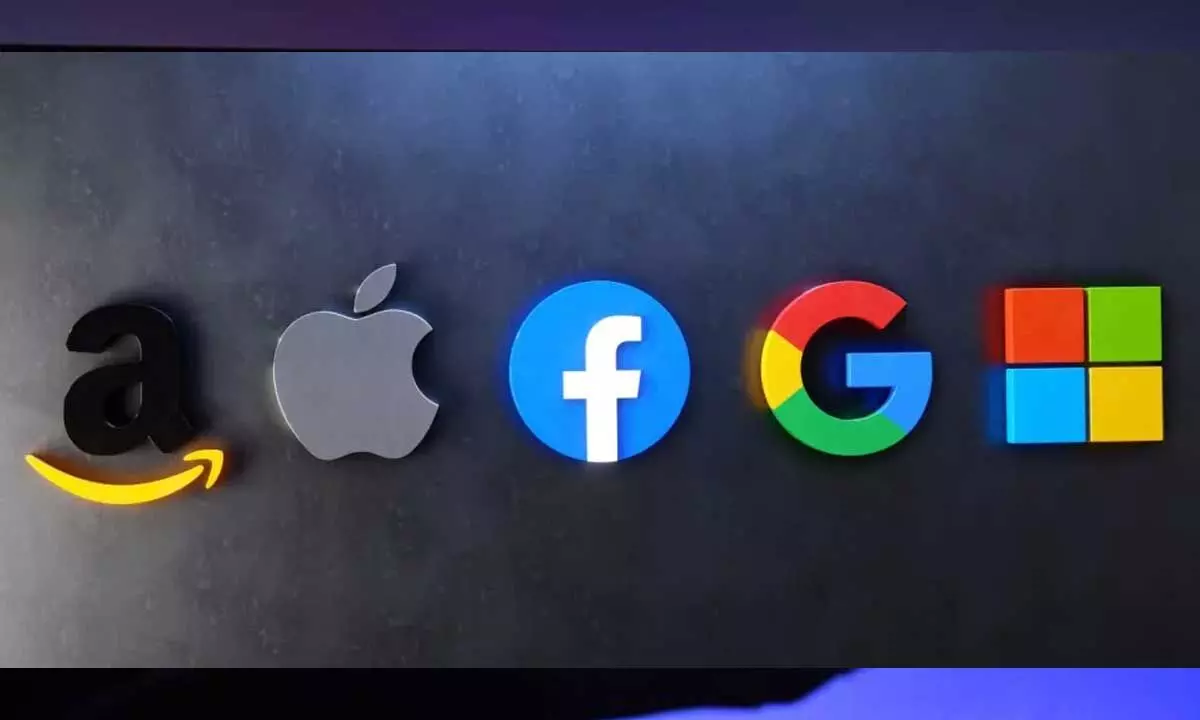Big Tec companies are facing increasing scrutiny from US regulators, and the recent ruling against Google marks a pivotal moment in this crackdown. In a major antitrust decision, a US judge ruled that Google had unlawfully maintained monopoly power in the online advertising market—a sector critical to many websites, news outlets, and online creators. The judgefound that Google had “willfully acquired and maintained monopoly power”, specifically in two areas: publisher ad servers and ad exchanges.
Theseplatforms are essential for digital advertising, and the court determined thatGoogle used its influence to shut out competition and limit market access forrivals. “In addition to depriving rivals of the ability to compete, this exclusionary conduct substantially harmed Google's publisher customers, the competitive process, and, ultimately, consumers of information on the open web,” the judge stated, according to a Reuters report. Although the court did not rule against Google in the third area—advertiser ad networks—the decision still paves the way for regulators to push for meaningful structural changes.

Some experts even suggest that this could lead to the breakup of parts of Google's vast advertising business. But Google isn’t alone in this legal battle. Meta, the parent company of Facebook, Instagram, and WhatsApp, is also in the hot seat.
The Federal Trade Commission(FTC) has filed a lawsuit alleging that Meta’s acquisitions of Instagram and WhatsApp were not just business moves but strategic efforts to eliminate competition and secure dominance in the personal social networking space. Mark Zuckerberg, Meta’s CEO, recently testified in court defending the acquisitions, arguing they were intended to foster innovation and improve user experiences. He said that while Facebook had evolved, the company’s core goal remains to connect people.
However, internal emails from 2012 revealed during the trial hint at a different motive—one message suggested buying Instagram to “neutralise a competitor.” If the FTC wins the case, Meta could be forced topspin off both platforms. Meanwhile, Apple and Amazon are facing similar antitrust challenges.
In March 2024, the Department of Justice (DOJ) and multiple states filed a lawsuit against Apple, accusing the company of suppressing competition within its iOS ecosystem. The case focuses on restrictions imposed on third-party apps, digital wallets, and messaging platforms. Apple has denied any wrongdoing and is attempting to dismiss the case, although the legal process could extend over several years.
As for Amazon,the FTC launched a significant antitrust case in September 2023. The agency claims that Amazon exploits its marketplace dominance by penalising sellers for offering better prices elsewhere, coercing them to use its logistics services, and prioritising sponsored content in search results. The core federal chargeshave been allowed to proceed, and a trial is expected in 2026.
Even astech executives have made efforts to cozy up to former President Donald Trump—such as Meta’s $1 million contribution to his inauguration and Google CEO Sundar Pichai’s visit to Mar-a-Lago—these gestures haven’t deterred regulators. The courts appear increasingly determined to hold Big Tech accountable. These individual cases, when seen together, represent more than isolated issues.
They reflect a larger trend: the era of unchecked Big Tech power is being challenge din a way never seen before. The message is clear—US regulators are no longer hesitating to confront digital giants head-on..
Technology

Google, Meta, Apple, and Amazon Under Fire: US Antitrust Cases Signal a New Era of Regulation

Antitrustcases against Google, Meta, Apple, and Amazon signal an unprecedentedregulatory shift aimed at curbing Big Tech dominance.















